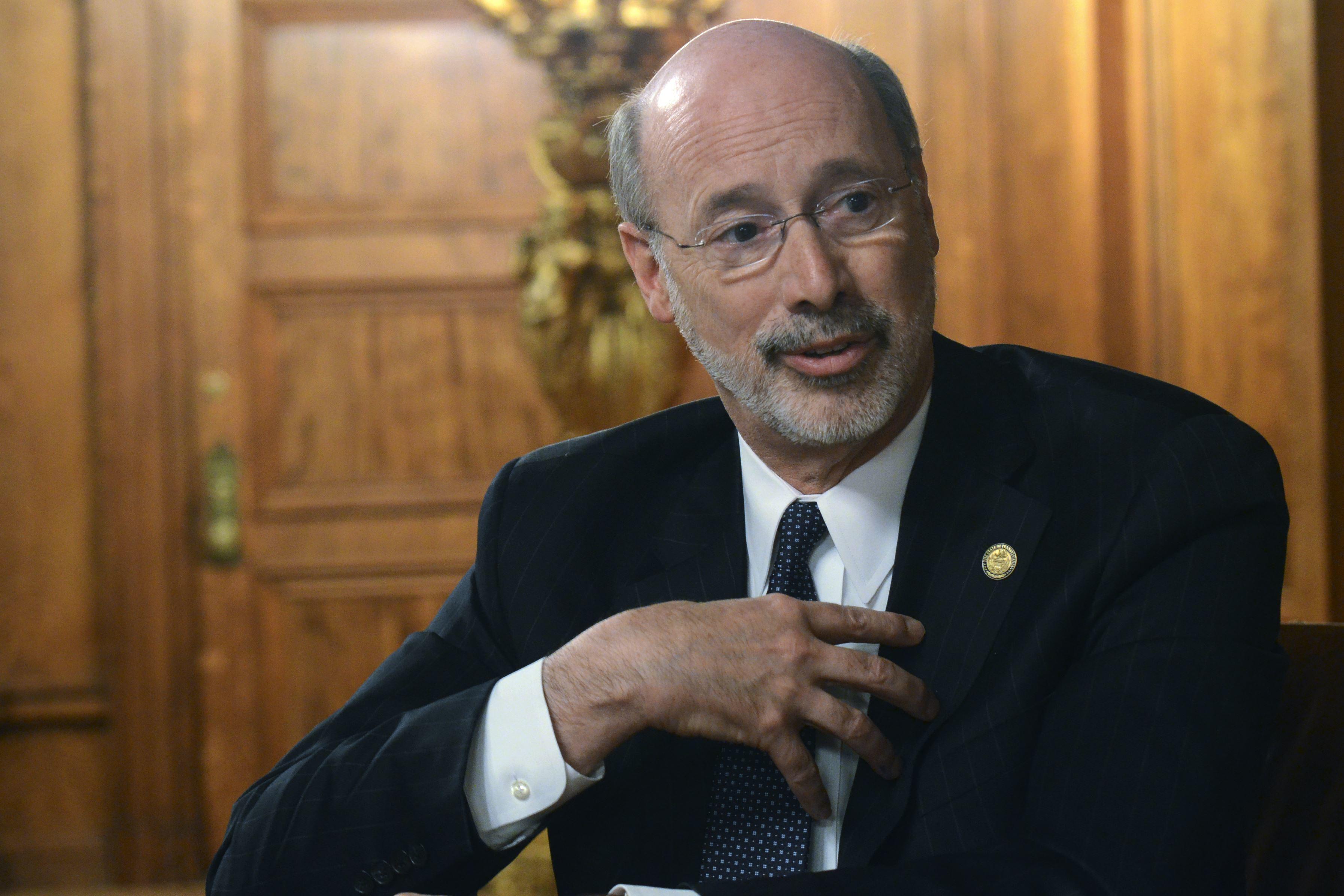HARRISBURG — With the legalization of medical marijuana now before the House, Gov. Tom Wolf on Monday hosted supporters at the governor’s residence for what he described as “a chance to get the facts out.”
~
Mr. Wolf sat for more than an hour in the front row as two doctors, a lawyer, the mother of a child with epilepsy and a man with a pain disorder made the case for allowing doctors to add marijuana to the treatments they recommend to their patients.
“We ought to let doctors prescribe the medications that they think their patients need,” the governor said afterward. “I don’t think that’s a really unusual thing to ask of our legislators. This passed overwhelmingly in the Senate. I think it would probably pass overwhelmingly in the House, if we can convince the right people to do the right thing.”
The bill that passed the Senate would permit people with a doctor’s recommendation to use marijuana to treat a number of conditions, including cancer, epilepsy, post-traumatic stress disorder and multiple sclerosis.
In the House, the bill has been assigned to the Health Committee, whose chairman, Rep. Matt Baker, R-Tioga, has expressed doubt that marijuana has been shown to be safe or effective. The House has held three hearings this year on the issue.
In an interview with the Post-Gazette editorial board Monday, House Majority Leader Dave Reed, R-Indiana, said that although House Republicans are not prepared to support the Senate bill, he believes there is room to negotiate. Mr. Reed said he could support the concept of medical marijuana, so long as it is regulated “from seed to distribution.”
Attendees of the event at the governor’s residence heard from doctors and patients who believe the state should permit some level of medical use.
“Without question we need more data, we need more studies, but we can’t do that until we have reasonable legislation that allows us to study these therapies and to demonstrate efficacy and benefit,” said Bruce Nicholson, director of pain medicine at Lehigh Valley Hospital and Health Network.
The Pennsylvania Medical Society has urged caution, saying in a white paper that the federal government’s classification of marijuana as one of the most dangerous drugs has resulted in a lack of credible research.
Parents spoke of their inability to treat their children’s conditions using currently permitted drugs. Justin Ely, a Pennsylvania state trooper, said he and his wife might move to Colorado so their 4-year-old son, who has a seizure disorder, can be treated with cannabis.
“If anyone from the House is listening, please just give my kid, kids like him the opportunity to have a better quality of life,” Mr. Ely said.
~





